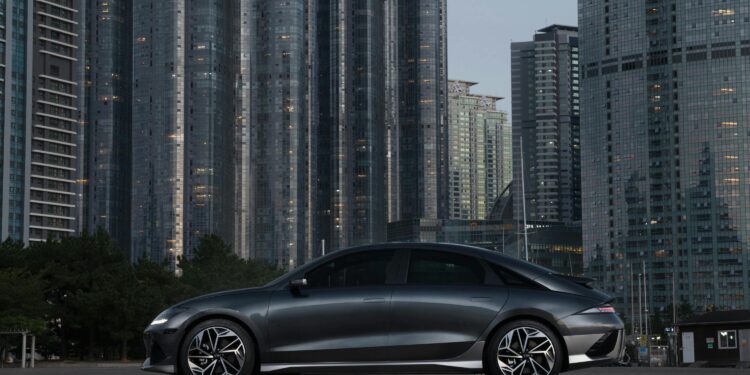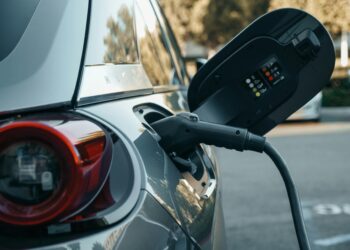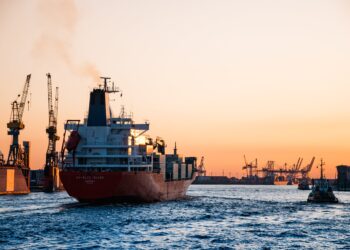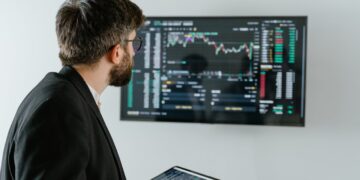Shift Away from Poland Highlights Impact of EU-China Tariff Tensions on Joint Venture
Stellantis (STLA) and its Chinese partner Leapmotor have paused plans to produce their second electric vehicle (EV) model, the B10 crossover, at Stellantis’ plant in Tychy, Poland, amid ongoing EU-China trade tensions. Instead, the joint venture is considering alternative production sites in Germany and Slovakia, according to sources familiar with the matter.
The decision comes on the heels of recent guidance from the Chinese government, advising automakers to halt substantial investments in European Union countries that support new tariffs on Chinese-made EVs. Poland, which backed the EU’s decision to impose tariffs of up to 45% on Chinese EV imports, could face repercussions as Chinese automakers reassess their strategies. The EU tariffs, approved by a split vote, took effect on October 30, with Poland among the ten member states that supported the measure, while Germany and Slovakia opposed it.
The joint venture’s pivot to potentially produce the B10 at Stellantis’ Opel facility in Eisenach, Germany, or its Trnava plant in Slovakia, underscores the geopolitical complexity influencing global EV production. Producing the B10 in Germany, however, would involve higher labor and utility costs compared to Poland, adding a layer of financial complexity to the decision. Leapmotor and Stellantis declined to comment on the production shift, and it remains unclear if additional factors influenced the decision beyond the recent guidance from Beijing.
This move could impact Poland’s automotive sector, which relies heavily on European automakers and has been integrating EV production into its industrial landscape. Stellantis’ Tychy plant has been producing the compact T03 EV, using components from China, though it’s uncertain if this model’s production will also be affected by the tariff-related shifts.
Stellantis and Leapmotor’s collaboration centers on bringing affordable, high-tech EVs to Europe and other international markets. At the Paris Motor Show in October, Stellantis CEO Carlos Tavares highlighted the B10 as a “milestone” in their partnership with Leapmotor, which began selling EVs in Europe in September. The B10 is expected to be the first in a series of B-series EVs targeting consumers outside China.
With China’s Ministry of Commerce overseeing direct overseas investments by Chinese companies, future EV production locations may hinge on the evolving trade dynamics between China and the EU. The pressure to adapt may shape not only the Stellantis-Leapmotor partnership but also broader EV strategies across the European market.
You might like this article:Bitcoin Reaches New All-Time High, Signaling Renewed Confidence in Crypto Market











